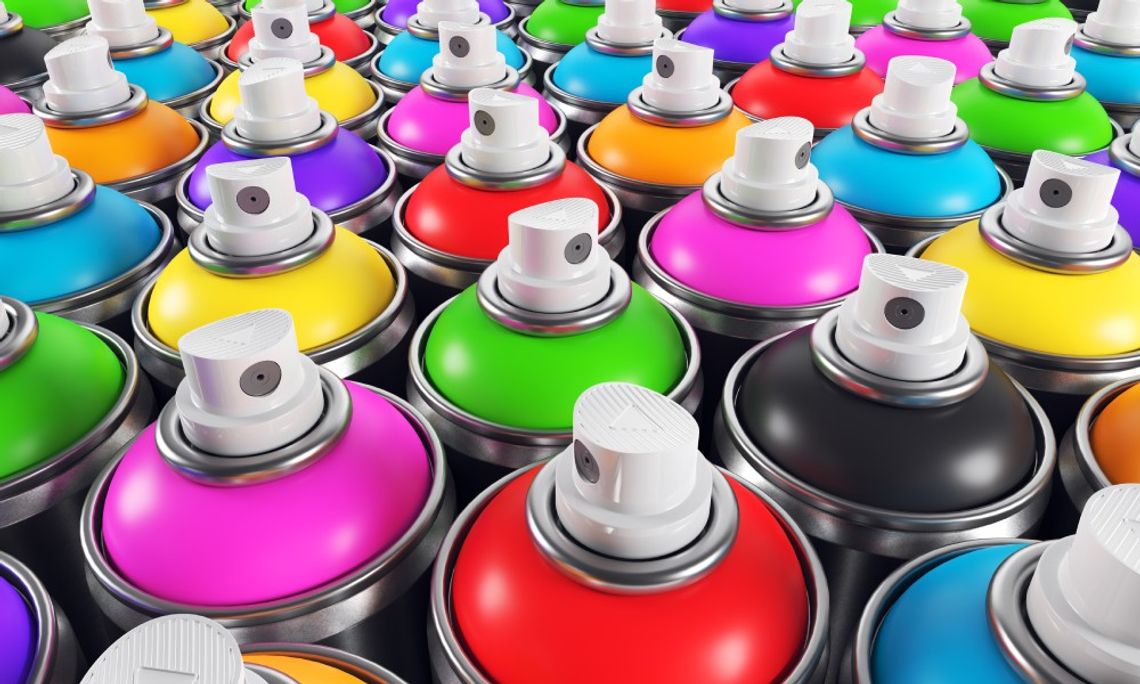It’s a new world of greater eco-consciousness. People have begun to realize how much waste they produce and have a much more solid understanding of what is and isn’t considered hazardous waste. One subset of hazardous waste is universal waste, which consists of common items that, while not as dangerous as some hazardous waste, still require special disposal.
Here are the top universal waste items to know about and how to dispose of them in a way that betters our planet.
What Is Universal Waste?
Universal waste is a category defined by the Environmental Protection Agency (EPA) to streamline waste management processes. These items are widely used in households and businesses and have the potential to harm the environment or community if improperly disposed of. Check out this breakdown of familiar forms of universal waste.
Batteries
Batteries of all kinds, from hearing aids to car batteries, contain harmful chemicals that can damage the environment, including lead, cadmium, and mercury. When thrown away in common landfills, these chemicals may leach into the soil and water. Recycling batteries can reclaim useful materials and prevent toxic pollution. Keep battery waste down by switching to rechargeable models.
Pesticides and Herbicides
Commonly used in gardens and homes to kill insects and unwanted plants, pesticides are highly toxic to humans and wildlife. Like batteries, if these chemicals enter ordinary landfills, pesticides and herbicides can leak and leach into the soil and water. Proper disposal prevents water contamination and protects the ecosystem. Look into natural ways to remove insects and weeds. If you must continue using pesticides, recycle the empty containers.
Mercury-Containing Equipment
Plenty of old-fashioned and some modern devices use mercury, including thermostats, thermometers, and older switches. The problem is that mercury is a deadly element and a potent neurotoxin. Bringing mercury-containing items to a proper recycling facility prevents the chemical from entering the ecosystem.
Fluorescent Lamps
Fluorescent lamps are energy-efficient, but many models contain mercury vapor. Keep fluorescent tubes out of your regular trash. Proper recycling ensures the mercury and other hazardous materials are safely removed and managed while valuable components are recovered.
Aerosol Cans
Adding aerosol cans as universal waste is a recent action by the EPA. Used for everything from paint to cooking spray, deodorant, and more, aerosol cans frequently contain harmful propellants and residual chemicals. The recent EPA regulation makes their disposal more manageable. As a practice, always use up the entire can and then recycle it.
Those are the top universal waste items to know about. Properly managing universal waste reduces the risk of toxic substances entering the environment, which in turn protects public health and conserves resources through recycling. Get involved in recycling universal waste and take steps to protect the planet!


Comment
Comments